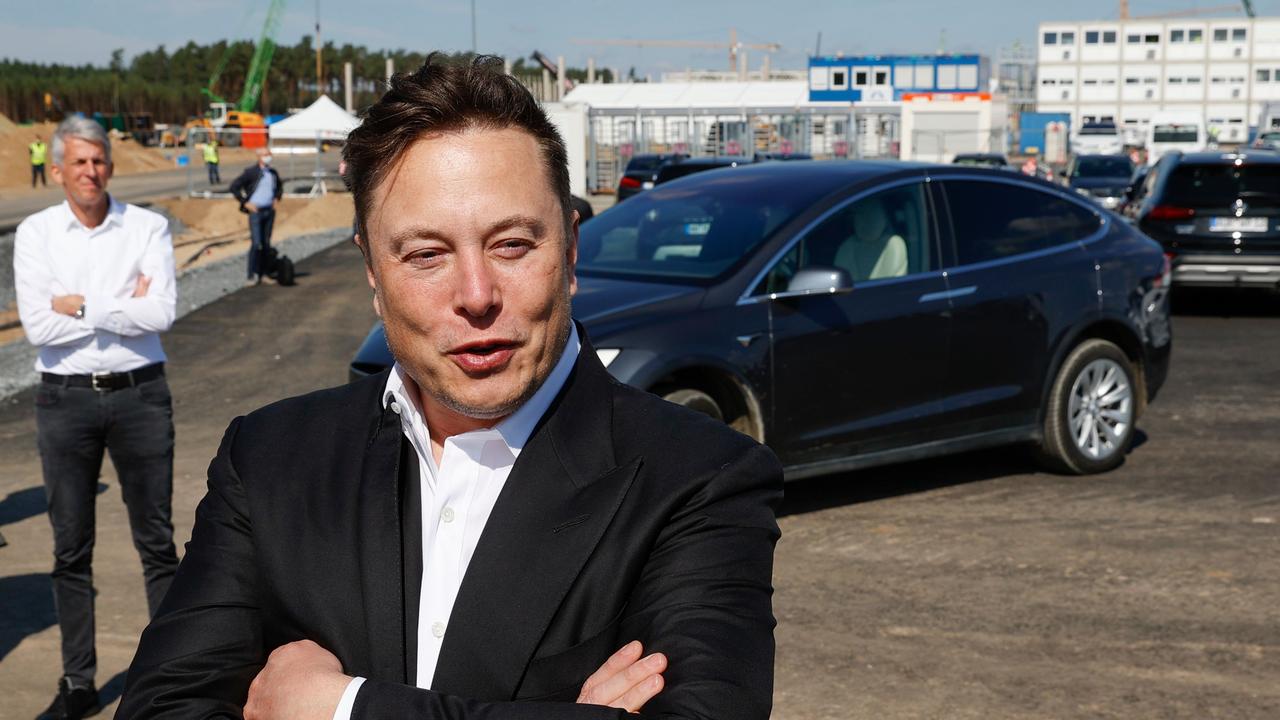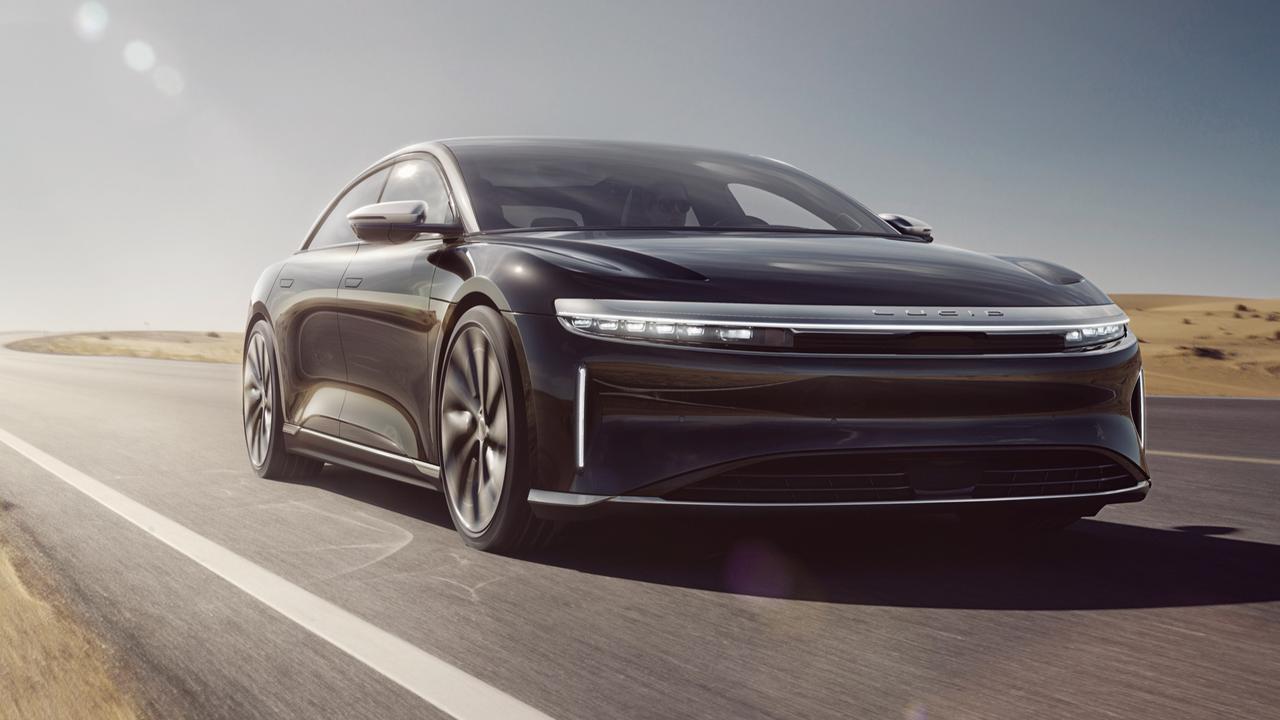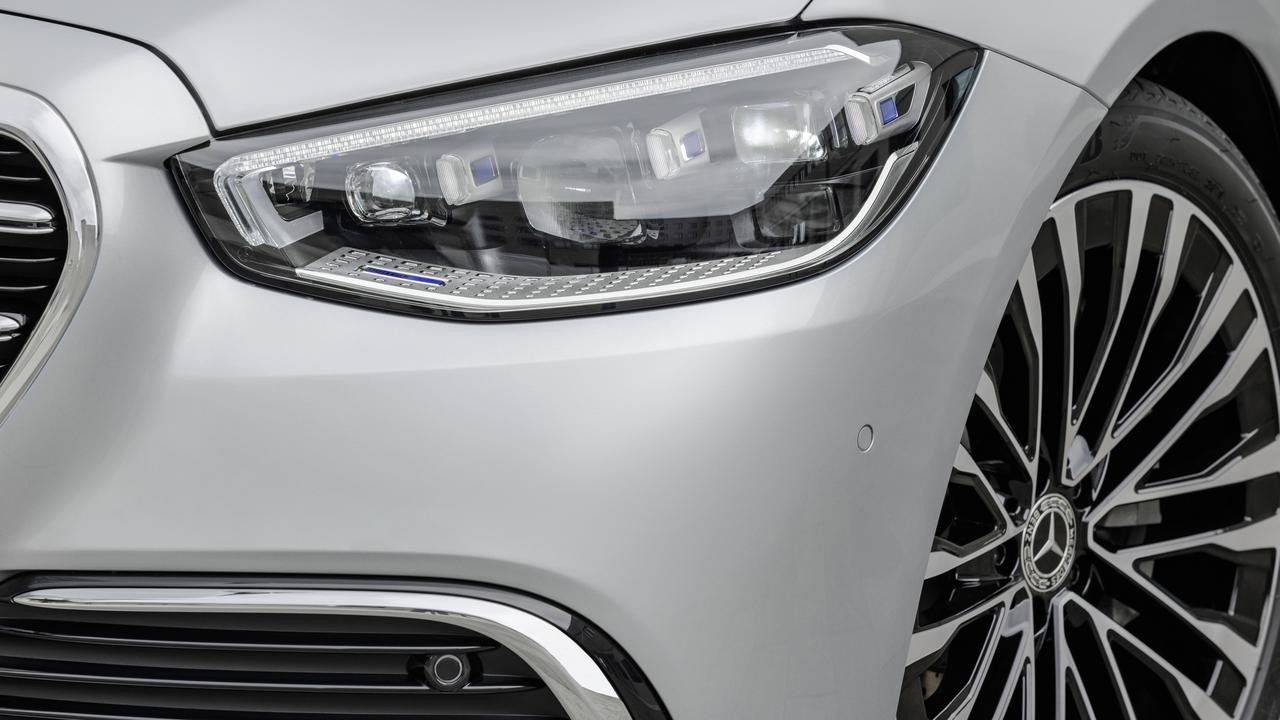Power surge: The rise of German battery powered cars
German brands have designs on the battery-car territory mapped by pioneer Tesla
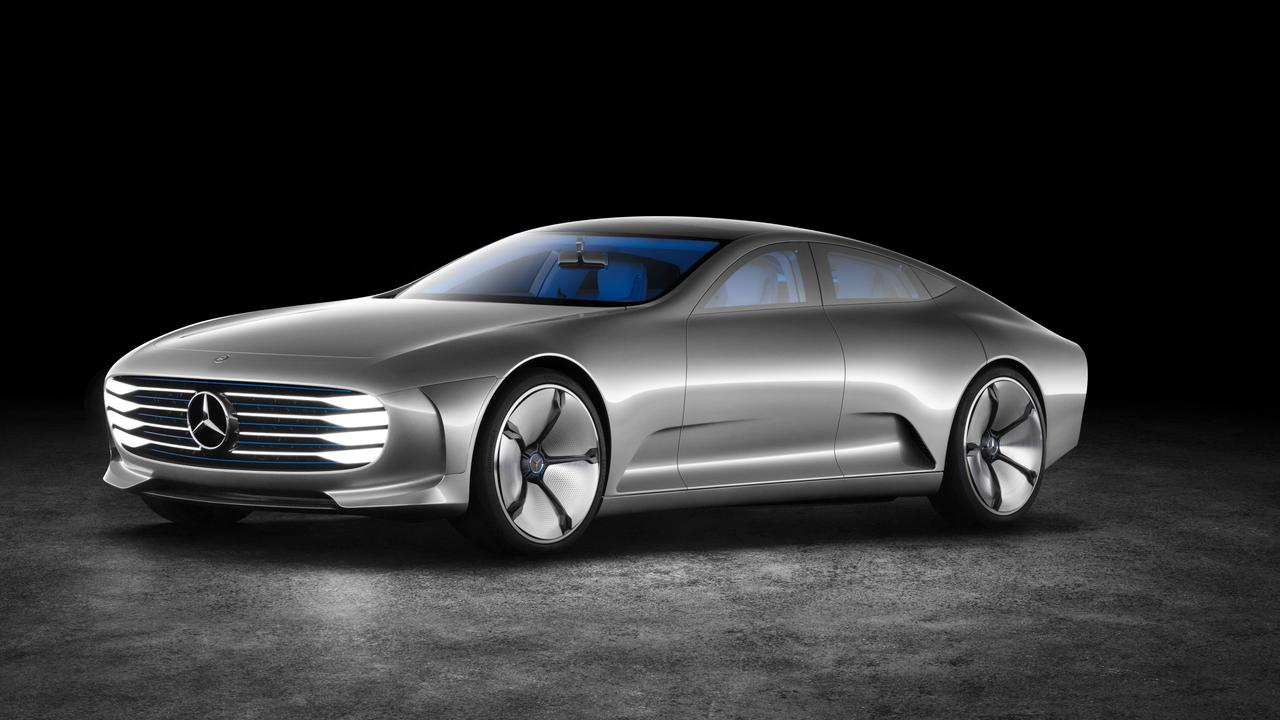
BIG-NAME German brands are lining up to pick on tiny Tesla. Now Mercedes-Benz wants to join BMW, Audi and Porsche in producing battery-powered rivals for the US electric car pioneer.
Mercedes may be last to join the queue but its plans are the most ambitious. According to respected industry newshound Georg Kacher, writing for British magazine Car, the company is working on four all-new electric models.
First in line, scheduled for launch in 2018, is a five-seat sedan. Its exterior will apparently draw inspiration from the smooth shape of Mercedes-Benz’s 2015 Frankfurt show star, the Concept IAA. In size, it will slot between the existing C-Class and E-Class.
If Kacher is right — and no one is better informed when it comes to the plans of German brands — the new electric Mercedes will be a thrilling thing to drive. Two drivetrains are in the works; one with a single 300kW motor driving the rear axle and an even faster version with an extra motor powering the front.
With a big underfloor battery pack, the Mercedes should rival the 300km-plus real-world driving range of the sleek, silent and surprisingly swift Tesla Model S, currently the best in the business.
The second all-new electric Mercedes will launch soon after the sedan. It will be a crossover SUV, sized between the existing GLC and GLE. Later additions will be a large sedan and a very big crossover SUV.
Mercedes will reportedly spend $3 billion to design and develop the four vehicles, the first two seemingly aimed directly at Tesla.
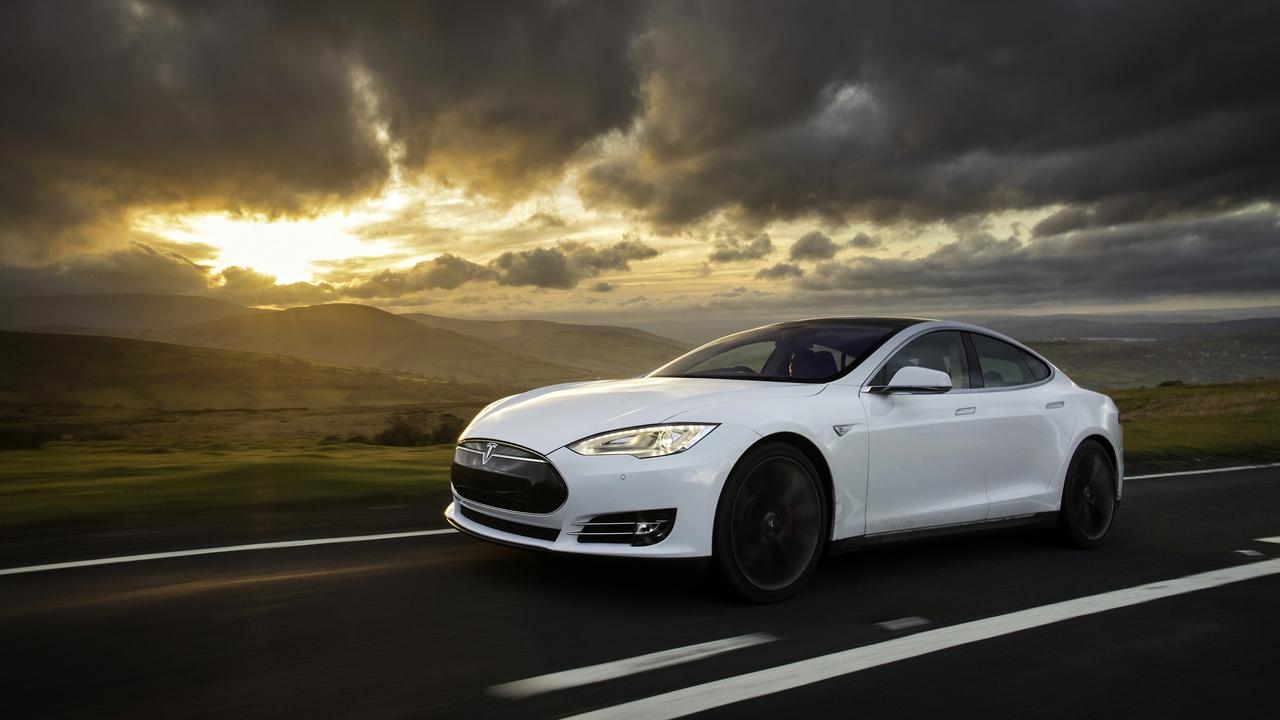
Tesla’s Californian plant has been building the Model S, a big five-seat liftback, since 2012, although it has been on sale in Australia only for about a year.
After substantial delays, Tesla is ramping up production of the Model X, a seven-seat crossover SUV with unusual double-hinged gull-wing rear doors.
Tesla built and delivered about 50,000 vehicles in 2015, every one of them battery powered.
In contrast, Mercedes-Benz sells well over a million cars a year, as do Audi and BMW. Even exclusive Porsche, with about 200,000 sales in 2015, is much bigger.
As with Mercedes, Porsche, BMW and Audi are planning to muscle in on Tesla’s turf.
BMW has invested heavily in battery car production with the small, four-seat i3 city car that went on sale in Australia in 2014, not that it’s a Tesla rival.
However the next model from BMW’s “Born Electric” i sub-brand will be.
BMW must soon decide whether the car industry watchers are calling i5 will be a battery-powered crossover SUV created by stretching the i3 or a large plug-in hybrid sedan based on the 5 Series.
.
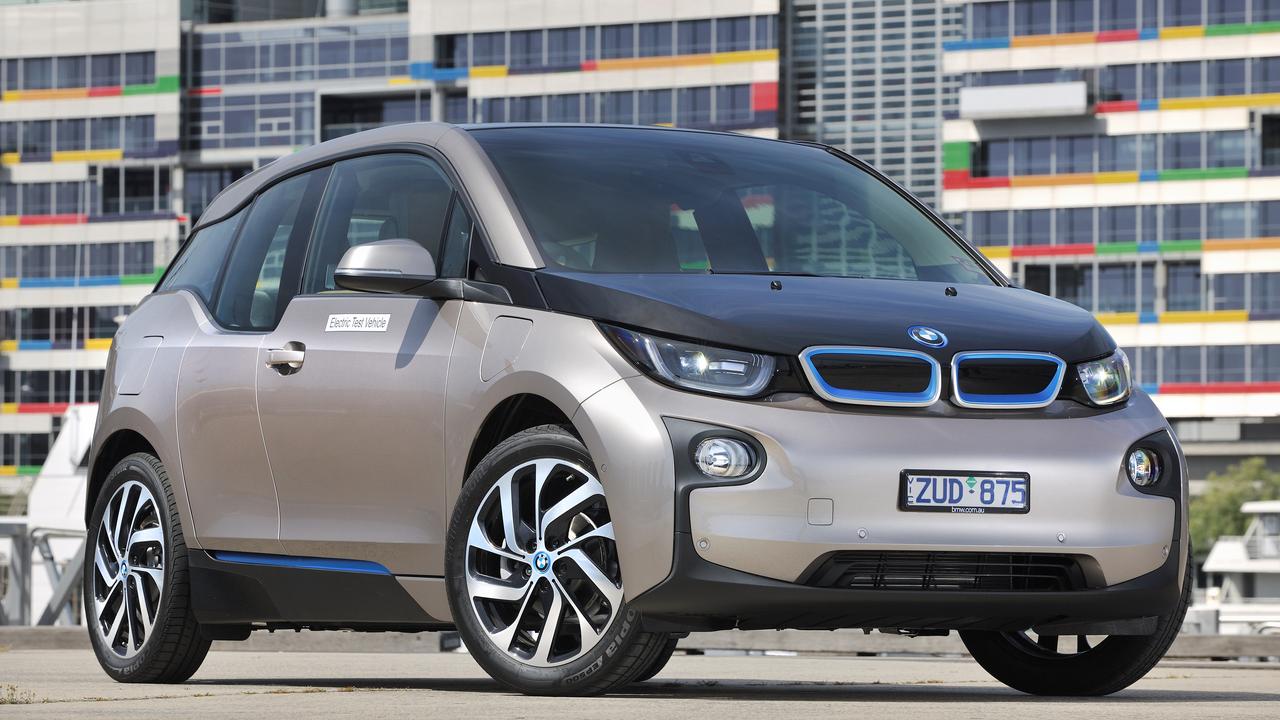
Either one will be a challenge for one of Tesla’s two-model line-up.
BMW’s choice will become public later this year — 2016 is BMW’s centenary and the company’s top executives promise the milestone will be marked by looking forward
Porsche has recently confirmed it intends to develop a production version of its stunning Mission E concept. This four-door, four-seat battery-electric sports sedan, due in 2018, is apparently known inside Porsche headquarters as the “Tesla-beater”. Using high-voltage battery technology and a pair of innovative electric motors, the Germans aim to beat the American car for both performance and driving range.
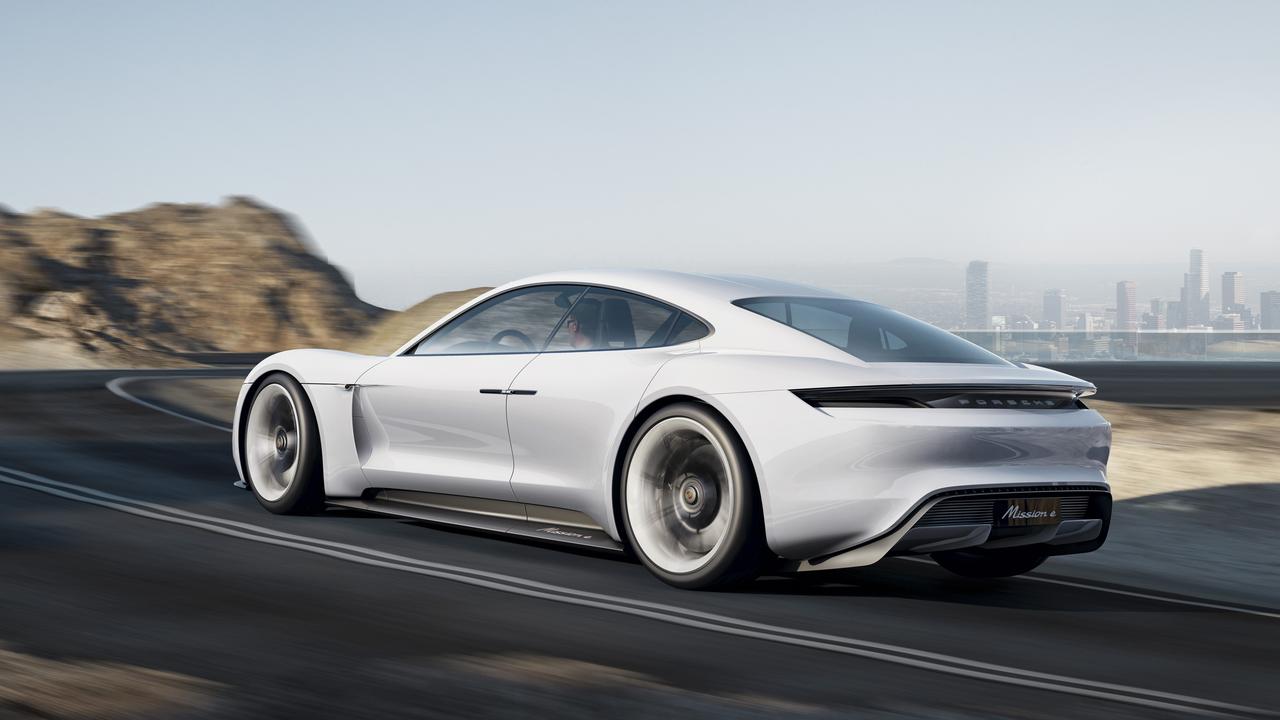
As with Porsche, Audi is part of the Volkswagen Group. While the two brands will buy their battery cells from the same Korean suppliers, Audi’s early 2018 electric SUV will be mostly its own work.
The battery-powered SUV will use three electric motors and a huge 95kWh battery pack to deliver strong acceleration and a driving range of more than 400km between recharges.
The electric Audi will look very much like the e-tron quattro concept revealed at the Frankfurt motor show in September, although persistent rumours suggest it will be badged Q6, in line with other Audi SUVs.
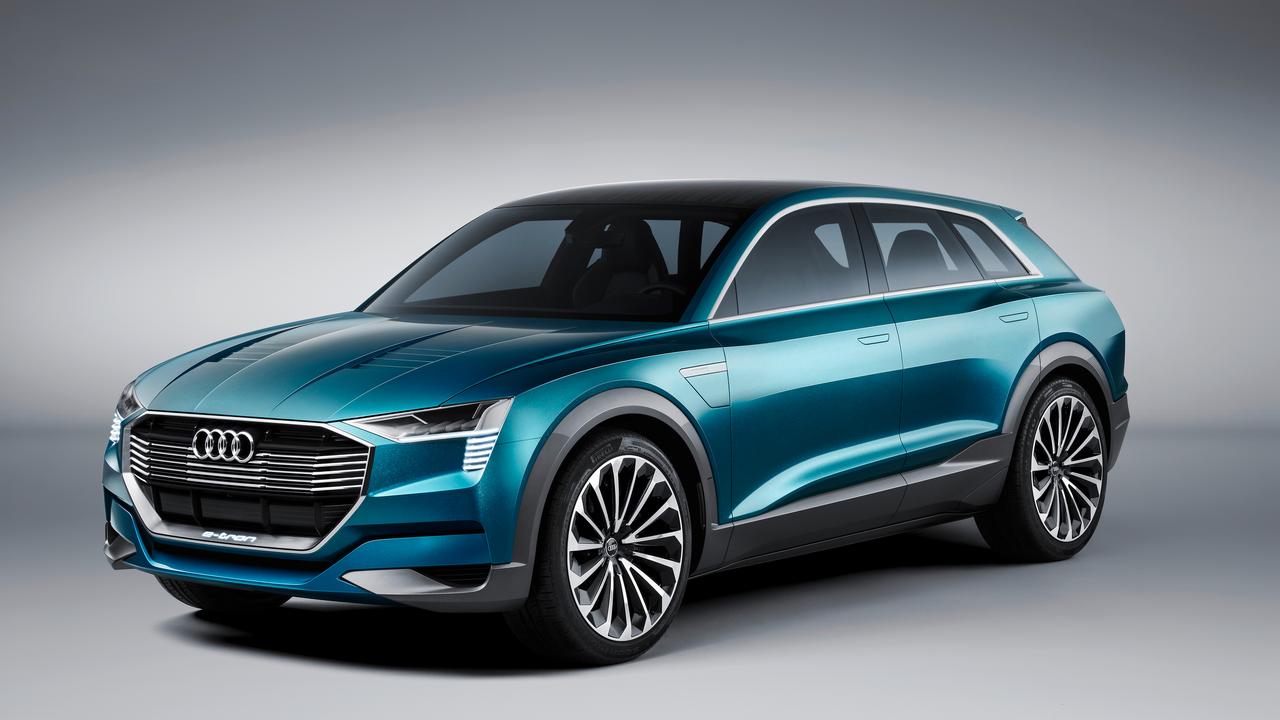
Is Tesla bothered by the coming crowd of competitors? Not at all. In fact, it’s turning out just the way company boss Elon Musk wanted it to.
The South African-born entrepreneur, who founded and made a fortune from PayPal, always thought his little car company’s role would be to influence established players. Musk is on the record as saying that Tesla’s role is “to accelerate the development of sustainable transport”. Seems to be working.

